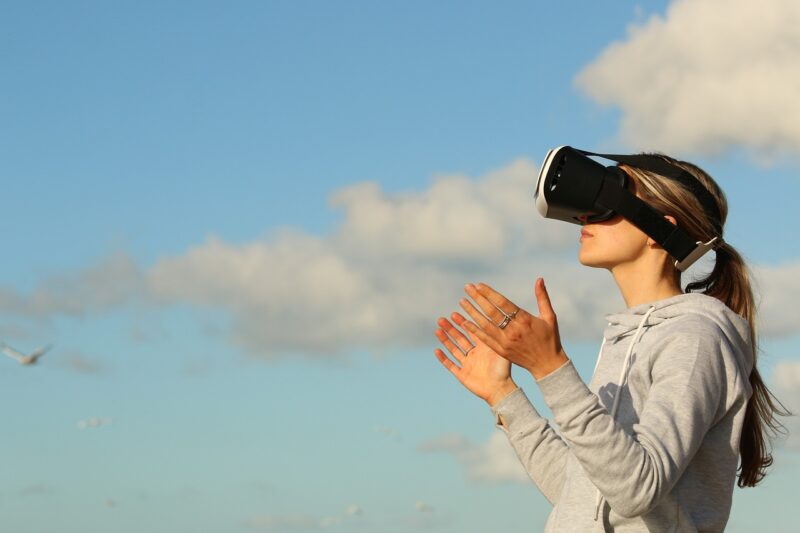Why People Love Reality TV Shows – And What It Says About Us
November 9, 2024

Reality TV has transformed our television landscape, becoming one of the defining genres of the modern era. From competition shows like “Survivor” and “The Voice” to lifestyle series such as “Keeping Up with the Kardashians” and “The Real Housewives,” these unscripted programs capture the audience in a way traditional scripted shows often do not. But what is it about reality TV that keeps viewers coming back for more? Let’s delve deep into the psychology, cultural implications, and entertainment value of reality television.
1. The Allure of Authenticity
One of the most significant draws of reality TV is the perceived authenticity it brings to the screen. Unlike scripted shows, which are designed to entertain through fictional narratives, reality TV purportedly offers an unfiltered glimpse into people’s lives. Audiences find themselves captivated by the emotional highs and lows experienced by the stars of these shows, leading to genuine connections and empathy.
Aside from emotional engagement, there lies the curiosity factor—viewers are intrigued by the lifestyles of others, especially when they differ significantly from their own. Reality TV often showcases extravagant lifestyles, dramatic conflicts, and everyday dilemmas, all of which can feel relatable or aspirational depending on the viewer’s perspective.
2. Escaping Reality
Contrary to the genre’s title, reality TV serves as a form of escapism. In times of uncertainty or stress, people often turn to entertainment as a way to detach from their own lives. Reality shows, with their melodrama and spectacles, transport viewers into a different realm where they can focus on someone else’s troubles instead of their own.
The escapism provided by shows like “The Bachelor” or “The Great British Bake Off” allows viewers to experience excitement, competition, and emotional intensity, sans any of the direct consequences. Given the fast-paced nature of life today, indulging in planned absurdities or breathtaking scenery instills a sense of thrill while providing temporary solace.
3. The Psychological Effects of Following Reality TV
Psychologically speaking, part of the attraction to reality TV stems from our innate human tendency to observe and judge social dynamics. Social scientists often refer to this phenomenon as social comparison theory. When we watch others—whether winning competitions or struggling in relationships—we subconsciously compare ourselves to them, measuring our own lives against their highs and lows.
Moreover, participants in reality shows often become relatable figures to viewers. Their stories might resonate with our experiences, evoking feelings of happiness at their successes or empathy during their struggles. The resulting emotional investment becomes so potent that even mere strangers can foster a strong connection with viewers, making the shows feel more impactful and engaging.
4. Community and Connection
Reality TV fosters a unique form of community among viewers. Social media platforms buzz with conversations about contestants, plot twists, and relationships as the episodes air. Fans often bond over shared opinions, analyses, and predictions, creating a sense of belonging. This communal engagement elevates the viewing experience, as audiences feel part of a larger conversation.
Participating in online forums or social media discussions allows fans to share their thoughts, thereby deepening their emotional investment in the series and its characters. People may even develop loyalty towards specific contestants or shows, resulting in fan bases that hold immense power in shaping the narratives of reality television.
5. A Reflection of Society
At its core, reality TV is often a mirror reflecting societal norms, values, and issues. Through various genres, we witness glimpses of our society’s aspirations, fears, and challenges, revealing underlying cultural narratives that resonate.
From discussions about beauty standards and lifestyle choices to openness surrounding mental health and relationships, reality TV sheds light on contemporary issues faced by individuals and society at large. Shows like “Queer Eye” champion inclusivity and acceptance, while “The Real World” explores interpersonal conflicts in diverse environments. By addressing social change and individual experiences, these programs serve not just as entertainment but also as platforms for dialogue and introspection.
6. The Evolution of Reality TV
Reality TV has dramatically evolved since its inception in the late 20th century. What was once perceived as a niche format has now become a sprawling genre encompassing various subgenres. What’s apparent is the constant push to innovate, keeping pace with current audience interests, technology, and cultural shifts.
In recent years, platforms like Netflix have capitalized on this demand, producing reality-based content that spans cooking competitions, survival challenges, and even dating adventures aimed explicitly at breaking traditional molds. This diversification caters to a broader audience while propelling new talents into the limelight.
As more streaming platforms embrace reality content, we can expect further experimentation that pushes the boundaries of the genre, reaffirming its central role in modern television.
Conclusion
Reality TV shows excel at tapping into our emotions, grounding our experiences, and providing sociocultural commentary. The allure of authenticity, escapism, psychological effects, community engagement, and reflections of societal norms all converge to make reality television one of the leading forms of entertainment today. As we engage with these shows, it’s essential to remain aware of the impacts they have on our perceptions and beliefs. While indulging in the escapism of reality TV can be delightful, it also serves as a timeless reminder of who we are and the world we inhabit.
Understanding the phenomenon of reality television is a reflection of our society’s values, trends, and collective consciousness; thus, the next time you turn on your screen, take a moment to analyze just how it mirrors your reality.







